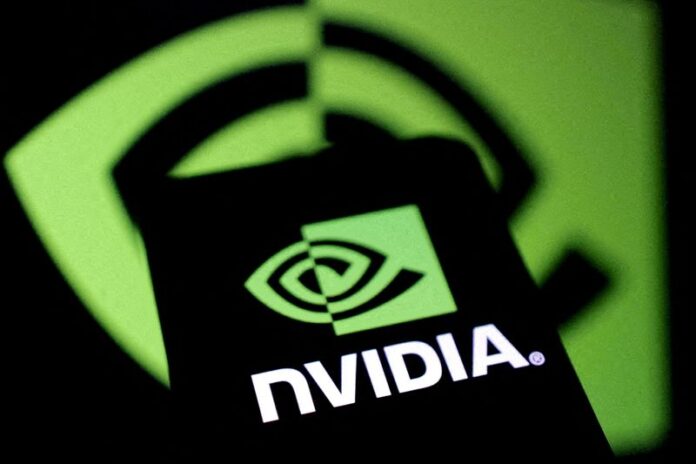
By Ian Maleve
In a striking departure from established U.S. export control norms President Donald Trump has brokered a deal with Nvidia with AMD also reportedly involved that allows these tech giants to export previously restricted AI chips to China in return for a 15 percent government cut of the resulting sales revenue.
The move broke long-standing precedent, where export of sensitive technologies was strictly regulated on security grounds, not subject to negotiation.
Previously banned Nvidia H20 chips are now part of the arrangement and Trump has even hinted at easing restrictions on downgraded versions of the advanced Blackwell chips.
U.S. lawmakers from both political parties were quick to criticize the arrangement, warning it sets a dangerous “pay-for-play” precedent in technology export policy.
Representative John Moolenaar, a Republican, emphasized that export controls should remain an unyielding defense of national security never a transaction.
Meanwhile, Democratic Representative Raja Krishnamoorthi insisted that turning national security into a commodity risks signaling to allies and adversaries alike that core principles are negotiable for the right fee.
Legal scholars have raised further alarms, suggesting that this revenue-share may function as an impermissible export tax possibly violating the U.S. Constitution’s prohibition on such levies.
Trade lawyers and academics have described the arrangement as an unprecedented fusion of export licensing and financial extraction from corporate earnings.
Analysts have also pointed to significant implications for the tech industry’s financials. Bernstein analysts estimate the levy could reduce gross margins on China-bound chips by 5 to 15 percentage points, exerting downward pressure on Nvidia’s and AMD’s overall earnings.
Meanwhile, other strategic sectors are watching closely to see whether this model might extend beyond semiconductors.
National security institutions and think tanks have also voiced concerns. Commentaries warn that monetizing export controls undermines the integrity of U.S. technology policy and may erode trust among allies who coordinate on export restriction regimes.
In response, the White House argues that the national security risks are minimal, noting that the H20 chip is relatively low-tier, and that continued Chinese access to U.S. chip technology serves broader economic interests. Still, critics contend the deal may fundamentally reshape the balance between government regulation and private enterprise.


















